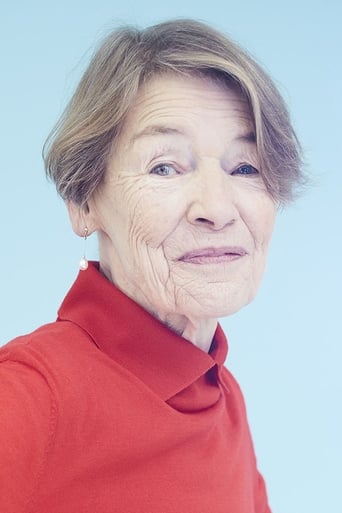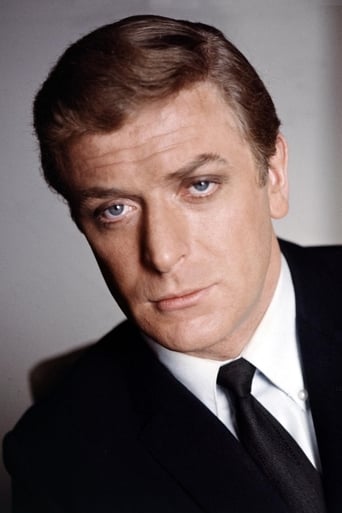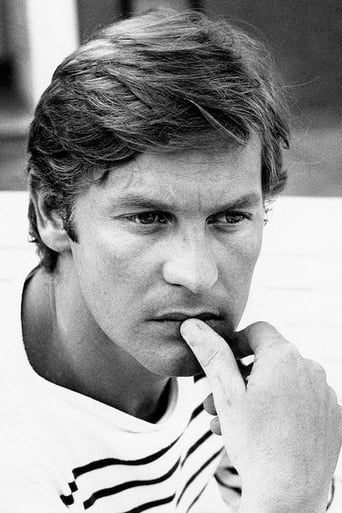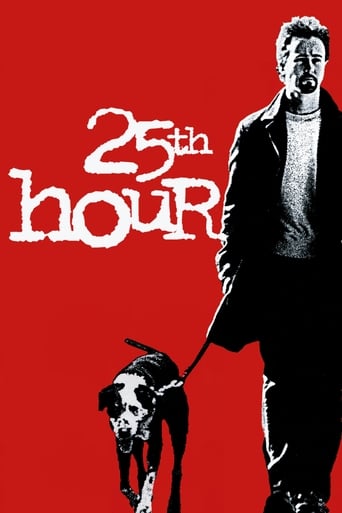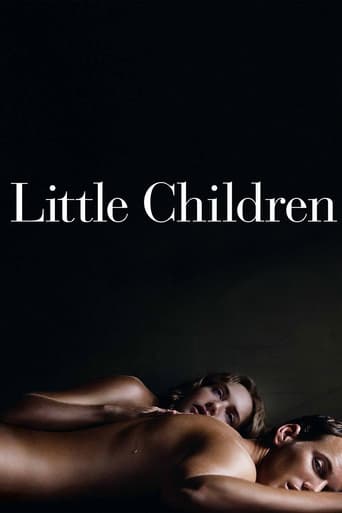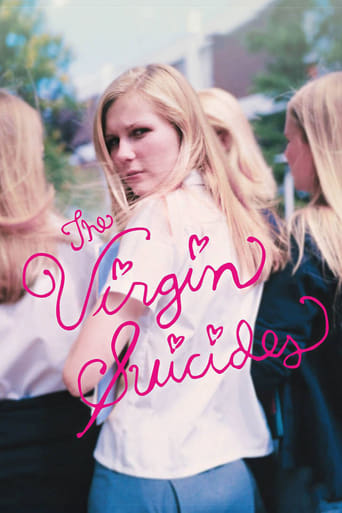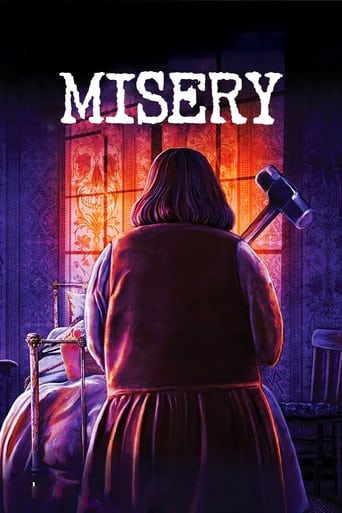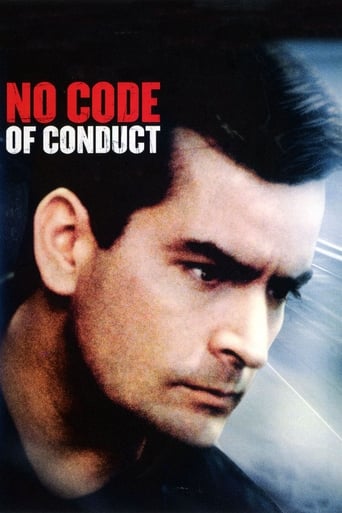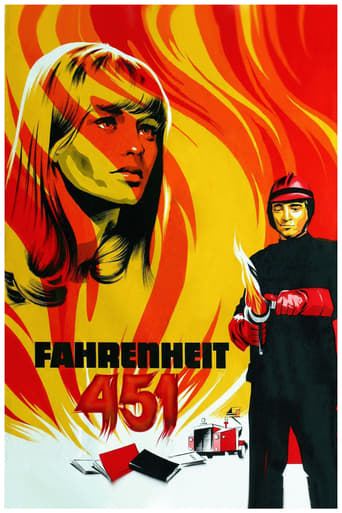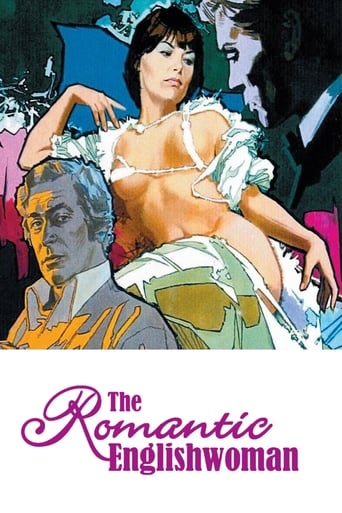

The Romantic Englishwoman (1975)
A marriage crisis between a writer and his wife leads her to flee to Germany and eventually return with another man, through whom the writer is going to overcome his writer's block.
Watch Trailer
Cast


Similar titles
Reviews
The Romantic Englishwoman did hold my attention with its opulent settings and actors of stature, Michael Caine and Glenda Jackson, but the story left me confused. In the movie, we see an English woman named Elizabeth on holiday in Germany at a hotel resort in Baden-Baden, where she has a brief liaison with a handsome European named Thomas played by Helmut Burger. Elizabeth is an elegantly dressed and beautiful woman played by Glenda Jackson, who is married to a successful writer named Lewis Fielding, played by Michael Caine. On Elizabeth's return to England, her husband becomes aware of her friend and invites him to tea at their family home in England. Much of what follows seems to be orchestrated by Lewis who is seeking material for his novel. The extent of the "affair" between Elizabeth and Thomas is difficult to judge since they seemed to barely get to know one another, except for a quick sexual encounter in an elevator. Burger, as the Thomas character, maintains an air of mystery while in Germany and later in England as he becomes an assistant to Caine's character Lewis, doing typing and other secretarial work, and letting the nanny become infatuated with him. It seems that he has no real line of work although he purports to be a poet. Instead, he is a gigolo who consorts with underworld figures and is a skillful thief snatching another guest's overcoat, or removing in-room meals for hotel guests. The relationship between Elizabeth and Thomas seems to blossom as a full affair when they return to Europe, this time in Monaco. Thomas continues to be followed by underworld characters while sharing the affections of wealthy women. Burger lacks the acting persona to play alongside Jackson and Caine. Kate Nelligan and Michael Lonsdale are in the cast; however, their roles amount to little. Beautiful settings aside, the acting of Jackson and Caine cannot rescue this story, whatever the story is.
Joseph Losey's theme here is borders — the limits that we set in order to transgress them.Borders are arbitrary, disputable. So in the railway car one man says they are in Germany, the other France. Between them is Elizabeth (Glenda Jackson) who has left her family and posh French estate in search of a cure at the waters of Baden Baden. But she limits her escape to wildness to an intemperate bet at roulette. She spots the handsome young gigolo Thomas (Helmut Berger) but responds with bemusement not lust. The latter is what her novelist husband Lewis Fielding (Michael Caine) imagines for her when on the phone she tells him she's going for a lift (aka elevator). As she lives her life she also lives his more lurid — and cliché — fantasy.Dashing young Thomas makes a career of crossing borders. He hijacks a hotel dinner cart to sup outside. His passport declares him "poet" — the wilder version of the husband novelist. Rootless and amoral, he delivers hot cars and cool cocaine to shady men and romantic delusions to wealthy spinsters. "The English women are the worst," he says, "They want everything." That covers Elizabeth: she has the optimum home, cute son, handsome successful loving husband, but she also wants — she knows not what. There is still a fire in her marriage, as we see when she and Lewis make wild love on their lawn, interrupted by their neighbour's headlights (another scene of transgressed borders). The title elides the border between English and Woman. The other border scriptwriter Tom Stoppard plays with here is that between fiction and life. That's his familiar territory. He made his name with Rosencrantz and Guildenstern are Dead, the brilliant modernist comedy that moved between the familiar life of Hamlet's play and the off-stage life centered on his two bit-part friends. Our experience of Elizabeth's life is paralleled by — or filtered through? — her husband's attempt to draw a fiction out of his life. He's writing a screenplay (this one?) about a woman who goes somewhere to find herself. To avoid the cliché he tries to turn that into a thriller.Which is what he does to his wife's life. Lewis likes to set up a life situation to see what will happen. After his phone chat with Elizabeth we see he's having a drink with a scantily clad girl. She's their au pair but Lewis ends his experiment by sending her off to bed. The girl finds herself in another man's plot later when Thomas takes her to a movie, then distracts her from her duties — dangerously — with the pretence to help her English. The girl is fired but Thomas's stay as Lewis's putative secretary continues. The authors survive their characters.Lewis has invited Thomas first to visit, then to stay, as a kind of experiment. He wants to see what will happen between Thomas and Elizabeth, to see if they have indeed cuckolded him as his aberrant fantasy tells him. As a writer he wants to watch what develops. As a husband he tries to exorcise — or exercise — his insecurity. He is determined to catch his wife at infidelity. He pushes them into the date at which Thomas is spotted by his nemesis, forcing his departure, the brief intimacy with Elizabeth that Lewis catches, and the lovers' escape to Italy (over another border) where they play out their — and Lewis's — doomed fantasy. When Thomas calls Lewis to come take her home, Lewis is followed by the shady men whose cocaine Thomas has lost to the rain and he's finished. He has crossed his last border. As a vagabond rapscallion Thomas identifies himself with a Fielding character, Tom Jones. Not his fault it's the wrong Fielding. He read him in translation.The normalcy to which Lewis returns Elizabeth is the sadly escapist party they had planned and — as we did — forgotten. Our glimpse of that festivity is of a desperate, pathetic attempt to kick over the traces — cross the border — of our normal, contained life. That is a hardly promising vision of the life to which the lively wife, reined in, returns. It's yet another scene her novelist husband has arranged for them to "live."
I used to avoid Joseph Losey, believing him to be just a b-s artist. I'm halfway through watching this film and before Losey disappoints me, which he maybe (or maybe not???) will, I would like write something positive about him, because this film is, so far, a pleasant surprise. It's about so called "jealousy", maybe not very analytic as to the reason why we are jealous or what it means in different ages and sexes. However, it is very much to the point and very descriptive about the process of being jealous as far as the male goes. The film has, so far (I'm currently watching the 62nd minute of it), made me laugh out loud, I think, twice. It has also shown Glenda in the buff and what a bushy buff! So there I got my money's worth right there and could go on watching more relaxed in that department.Michael Caine is, like so often, superb. Glenda is superbly bushy (forgive me for repeating myself) and Helmut Berger is Helmut Berger, like he always is and I would never go to see a film just because he's in it (as opposed to Caine).Incidentally, I don't know whether Stanley Kubrick saw this film but there are scenes in Eyes Wide Shut, when Tom Cruise imagines Nicole Kidman with another man, that is very similar to scenes in this film.Well, if he (Losey) does not disappoint me in the end I guess I will have to re-watch some of his stuff (the Go Between wasn't so bad, by the way).So, I saw it all and, yes, Losey did disappoint at least a little. He just cannot let it be, I guess. Or, which is more likely, he does not look too deeply into things. Nevertheless, this one is less disappointing than most of his work but it take the urge of a re-watch out of me.You see, it's like this: infidelity means totally different things for men and women in this society that is being pressed down our throats. It also means different things in different ages of life. This society takes very lightly on the humiliation of the poor and expects the poor to take about just every disgrace possible believing it to be something else.Women are pressed to manage to fight the right man as breeder and/or provider within a very short period of time, getting shorter when they are also supposed to have a career. Biologically, if the woman has a provider, she may still be doubtful about whether he is a good breeder or, more precisely, whether he has the proper genes to produce children that are attractive and can breed in turn, thus spreading her genes. If she has a breeder but no provider, she will look for that so that the children may reach adulthood safely and, again, be able to spread her genes.The man, biologically, will have the urge to breed with as many women possible in order to get a large number of kids, not necessarily providing for any of them. Now, providing for another man's children is not very wise for the man who wants to spread his own genes and therefore biologically humiliating. Therefore the jealousy of men.Now, loosing provision for her children to another woman, is not very biologically smart for a woman, who needs protection of her children. Therefore the jealousy of women. A woman betrays with her body, a man with his money to other women. A married man who uses other women without paying for them, will not give rise to much jealousy in his wife, unless she is getting older as well as her husband, who, when using other women may threaten to leave her some day. A woman who goes with other men will however always give rise to jealousy in her husband unless she is too old to get children and not very attractive to her husband. He will only get jealous for her companionship in this case, provided that he cares for it.We, the people, used to know these things but through the propaganda of power, in which, sadly, even Losey in this film plays a part, we have gotten confused in these matters and jealousy has become a dirty word, when, in truth, it is just a healthy reaction on humiliation!
Is this the worst film ever made (not including Michael Winner's re-make of The Big Sleep which was almost a spoof)? It starts beautifully with Glenda Jackson looking out of a train window over Germany set to lovely music and then it's all downhill from here on in. Glenda Jackson looks stunningly beautiful but Wardrobe obviously had no idea how to dress her in anything that actually suited her, Michael Caine is rubbish as a jealous husband, no subtlety at all & even unsubtle characters require a certain subtlety of acting. He is wholly miscast as an intellectual & a creative type.Occasional flashes of style but the "plot" is muddled & aimless, the script poor, the direction & editing are an utter mess. The whole thing is very 1970s & very difficult to watch without cringing. What an utter waste of time. A hundred minutes of my life that I'll never get back.


